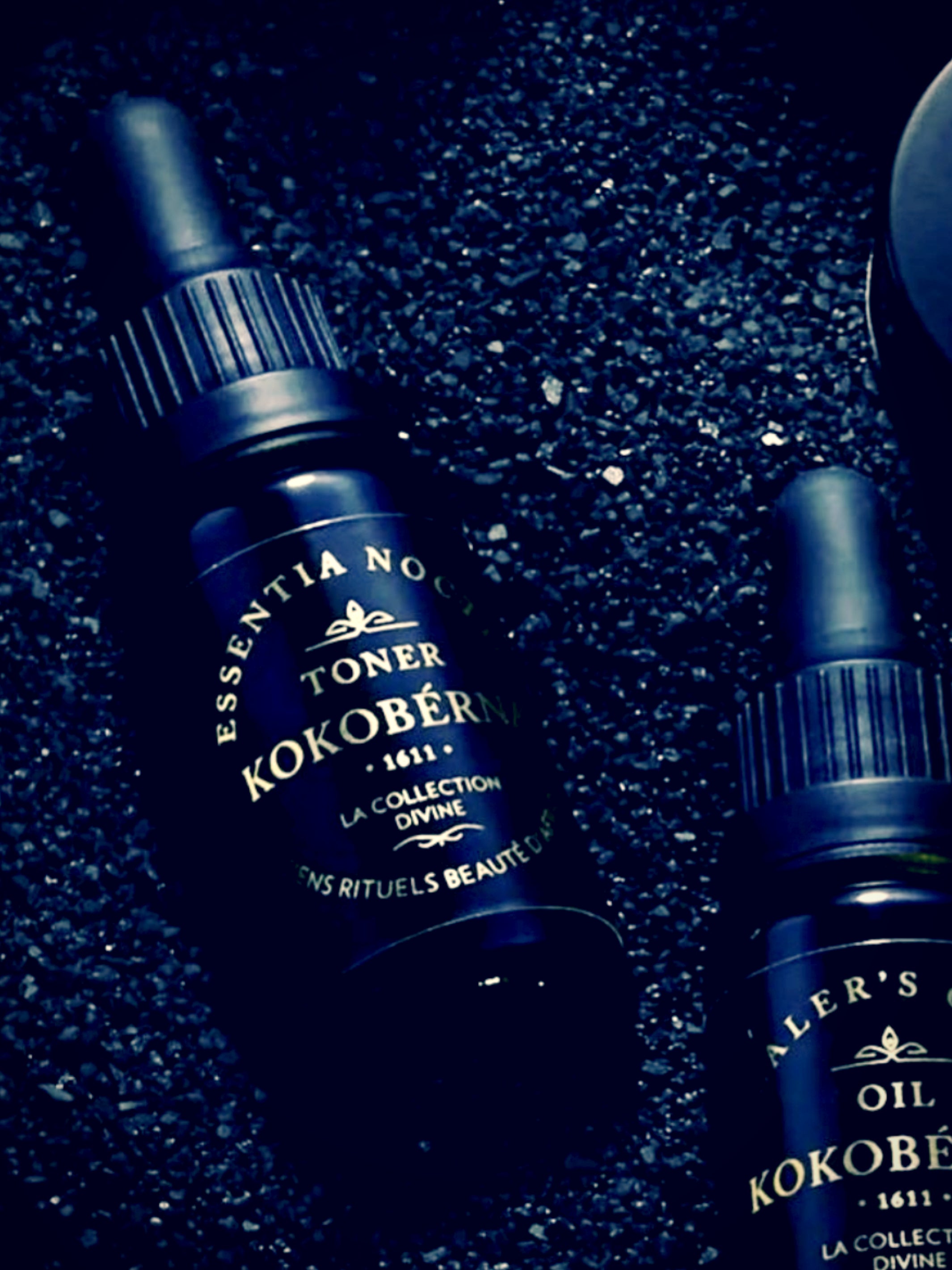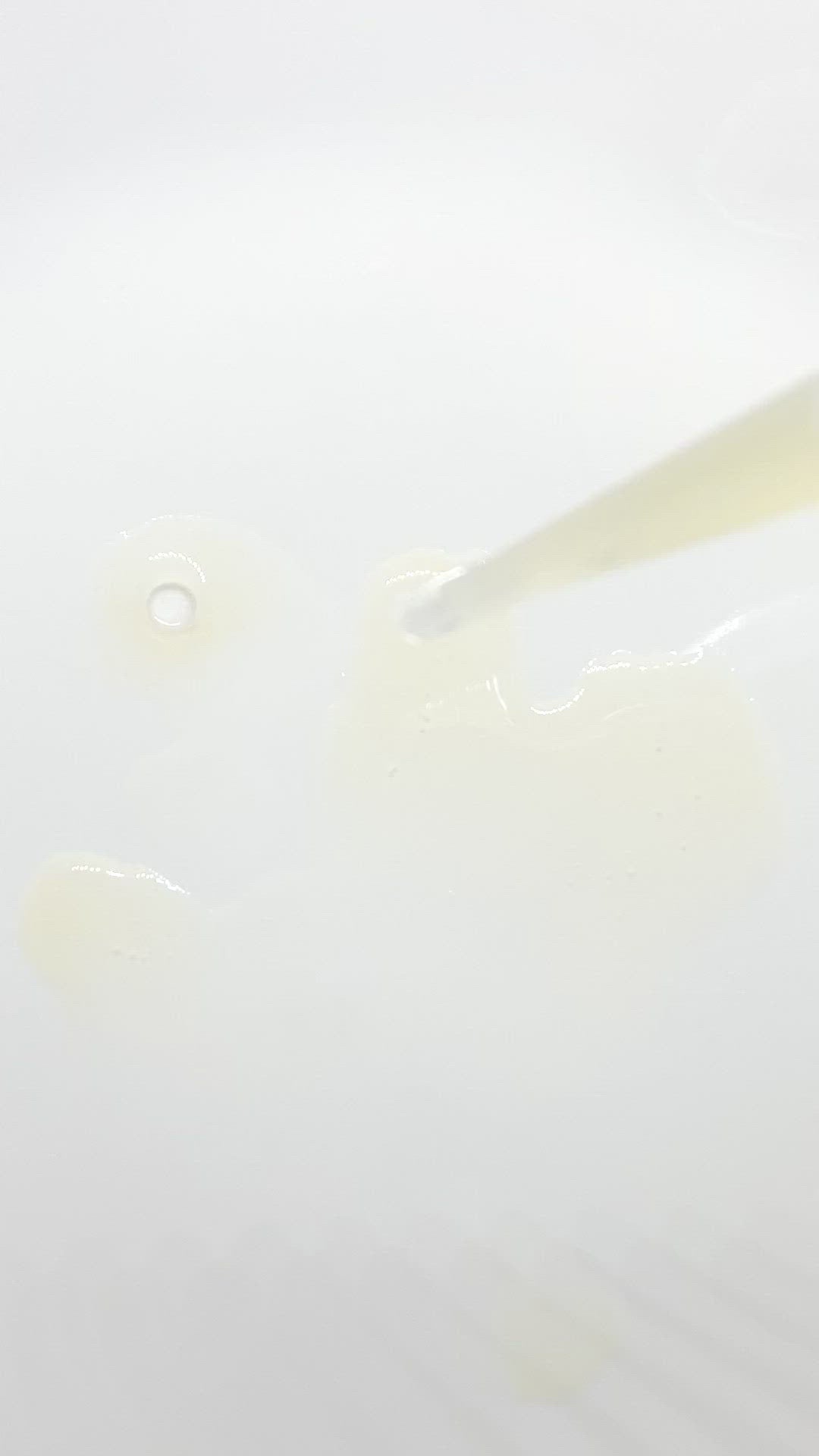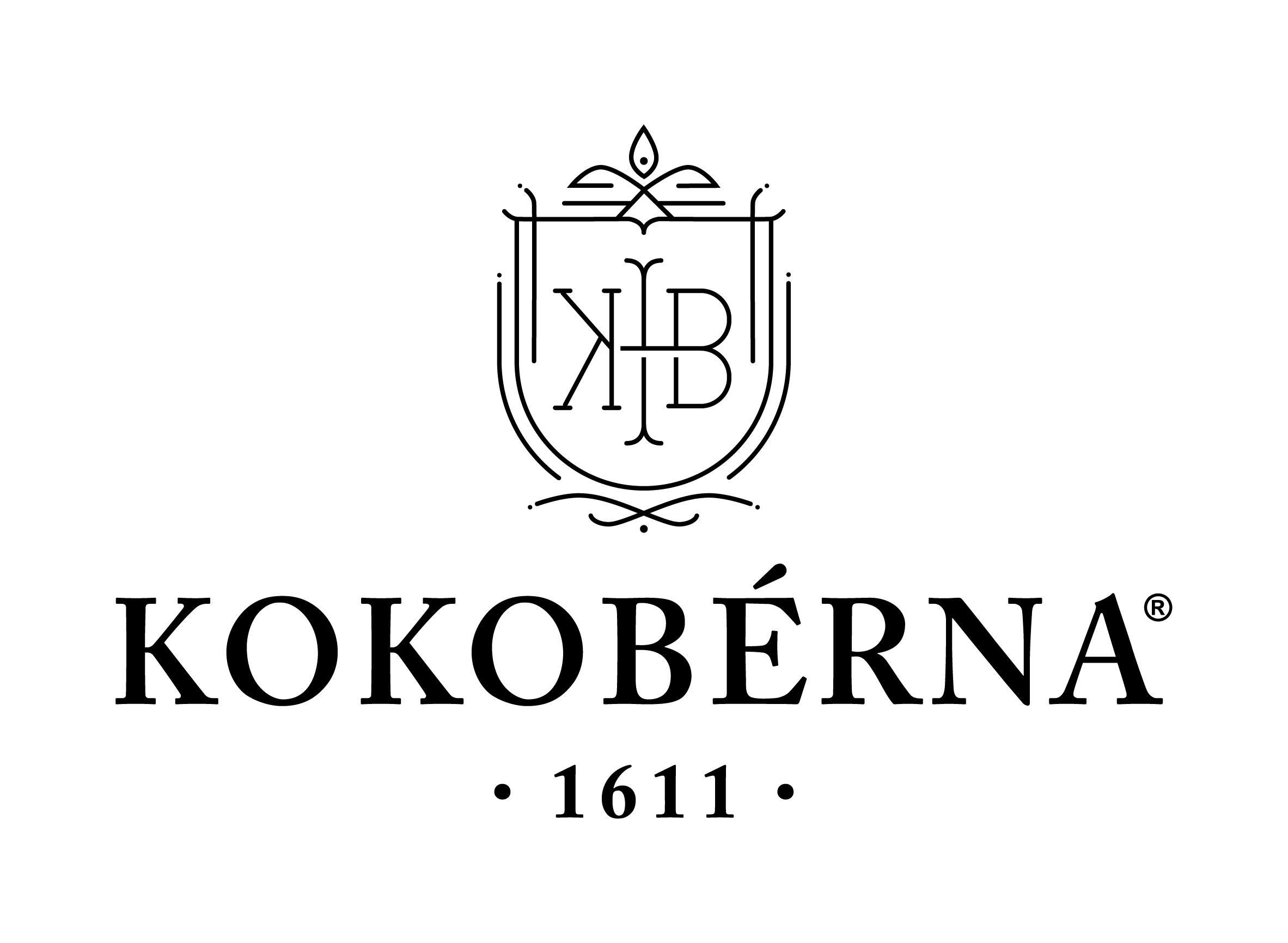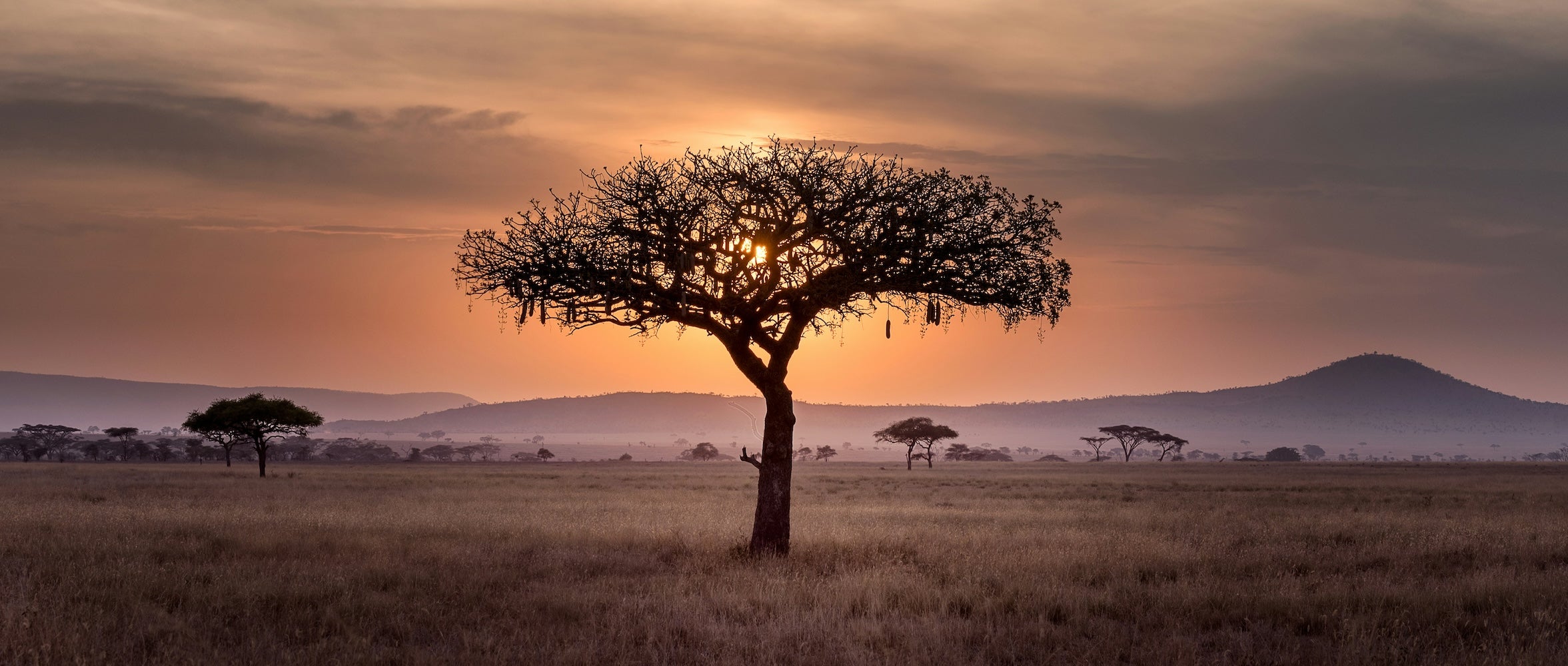YOUR SKIN TYPE RESULTS: DRPT

Dry, Resistant, Pigmented Skin Tone, Tight-Compact Skin
“My skin is dry, but luckily I rarely suffer from acne or redness. My goal is a smoother, even toned, and radiant complexion. I want good products but I do not want to waste money on unnecessary products.”
ABOUT YOUR SKIN
You share this Skin Type with many beautiful women from every place on this planet. Italian icons, like Sophia Loren and Monica Belluci; Asian stunners, like Lucy Liu and Priyanka Chopra; gorgeous women of color, like Halle Berry and Kerry Washington; and striking Spanish beauties like Salma Hayek and Penelope Cruz all have that golden-toned skin. Although not everyone who scores for this Skin Type will be blessed with their gorgeous, rich skin color, nearly every ethnic group can have this Skin Type. Though less common among Caucasians of northern European background, this Skin Type can occur among all groups, making it one of the most global and universal.
While this Skin Type is common among people with medium and darker skin tones, if you’re an Irish redhead with a tendency to freckle, don’t retake the test; this can be your type as well. What you all have in common is the tendency to pigment. Redheads may have trouble getting a tan but they easily freckle. Darker-skinned types tan easily but are more susceptible to dark spots. Lighter and medium-skinned types find that tanning can cause wrinkles, dark spots, melasma, or sun spots.
This Skin Type is less vulnerable to wrinkles and irritation than other types, but daily sunscreen is needed to promote an even skin tone using products with higher concentrations of active ingredients.
A CLOSE-UP LOOK AT YOUR SKIN TYPE
You may experience any of the following:
- Dry skin
- Rough patches over the knees and elbows that appear darker than the rest of your skin
- Freckles or sun spots
- Dark patches on cheeks (such as melasma, or mask of pregnancy)
- Dark eye circles, giving you a raccoon-like appearance
- Dark areas in site of previous injury or inflammation, such as a cut, pimple, or scrape
- Itching skin
- Ashy skin
- Flaking skin
- Chemical peels or other treatments worsen dark spots
SUN PROTECTION FOR YOUR SKIN TYPE
It is essential that you wear sunscreen every day. SPF 15+ protection is enough for fifteen minutes exposure however, if you expect to be out in the sun for a long period, as when playing golf or at the beach, use SPF 45 or greater. Look for products with both UVA and UVB protection and try not to use tinted-SPF anything.
PROCEDURES FOR YOUR SKIN TYPE
Light-skinned Skin Types can consult a dermatologist for the possible use of lasers, Intense Pulsed Light, and chemical peels to treat their dark spots.
Darker-skinned Skin Types need more careful treatment because any kind of injury or inflammation to the skin can worsen dark spots rather than minimize or eliminate them. For you, a slow approach is best and light treatments cause more harm and worsen dark spots. Most dermatologists choose a regimen of topical prescription medications and chemical peels. If you have dark skin, make sure your dermatologist specializes in treating skin of color and uses only the gentlest procedures.
If you’re Asian, your skin appears light-toned, but tends to react similarly to dark-toned skin. Therefore, Asian skin should also be treated very carefully to avoid inflammation and trauma that could worsen the dark spots. So if you are Asian or have a medium skin tone, follow the recommendations for darker-skinned Skin Types.
SKIN CARE INGREDIENTS TO AVOID
- Avoid detergents and facial cleansers that foam vigorously.
- Non-foaming cleansers are best for your Skin Type.
- Avoid a skincare product if alcohol is listed among first seven ingredients.
- Avoid synthetic fragrance or parfum.
- Avoid soy and hydroquinone.
- If you have worsening melasma, avoid estradiol, estrogen, or genistein.
YOUR NEED FOR MOISTURE
Resistant skin has a solid skin barrier that shields the skin cells, keeping allergens and irritating substances from the deeper skin layers. Unless sunburned, your skin rarely stings, reddens, or develops acne, allowing resistant types to use most products without reacting. However, the irony is that many products may not be potent enough or formulated in correct proportions to penetrate the “thick” healthy barrier and deliver results.
Moisturizing is vital to counteract skin dryness. But applying a face oil in and of itself is not enough. Your goal is to trap water in the skin. That’s why I recommend spraying facial mist before moisturizer application. Make sure that you apply your moisturizer immediately after spraying the face mist. If you allow your skin to dry first, it will only increase skin dryness. At the minimum, you should always use a sunscreen with an SPF factor of 15+ to prevent sun exposure leading to pigmentation. Allow your skin to absorb the sunscreen product for five minutes before applying your makeup. This will prevent your makeup from streaking. Foundations can also provide additional moisture and sun protection. Whether or not you opt for a foundation, you may also reapply additional moisturizer, if needed, both morning and evening.
The goal of your skin care routine is to address dryness and pigmentation with products that deliver hydrating, moisturizing, and skin lightening ingredients. Our recommendations below will help your dry ashy skin and reduce itching that often accompany it. Make sure to wear sunscreen (prefer regular micronized sunscreen and nothing “tinted”) to protect your skin and decrease pigmentation.
*Resistant skin has a healthy solid barrier. Your skin rarely stings, reddens, or develops acne allowing those with resistant skin to use most products without reacting. However, the irony is that most over-the-counter skin care products may not be potent enough to penetrate the healthy lipid barrier and deliver results. This is why KOKOBÉRNA customers see instant results; the ancient formulating techniques we use preserve the life-force of the indigenous West African plant ingredients in their purest yet concentrated form.
=====
Our skin diagnostic uses Baumann's (2004) science-based skin-type classification system comprised of 16 distinct Baumann Skin Types®.
ANTI DARK SPOTS
EXFOLIATE AND BRIGHTEN


ESSENTIA NOCTIS™ Micro-Exfoliating Toner is meticulously crafted to offer you a luxurious skincare experience with visible and long-lasting results. By addressing common skin concerns related to premature signs of aging, it empowers you to take control of your skincare journey and embrace a more confident version of yourself. Indulge in the journey towards youthful, radiant skin with ESSENTIA NOCTIS™ Toner - because your skin deserves to be celebrated, embraced, and cherished.
95% CERTIFIED ORGANIC CONTENT


